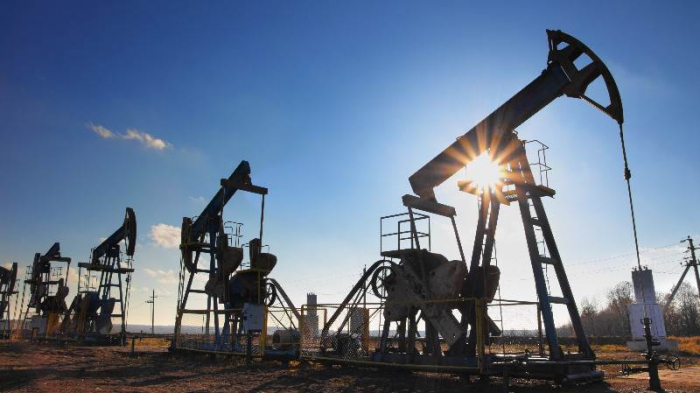Brent crude had risen 16 cents, or 0.2%, to $82.83 per barrel by 0442 GMT, while U.S. West Texas Intermediate crude also rose 13 cents, or 0.2%, to $77.54 per barrel.
Both benchmarks rose 3% in Wednesday's session, boosted by hopes for an improved global economic outlook and concern over the impact of sanctions on Russian crude output.
"China is speeding up stockpiles for crude oil ahead of the Lunar New Year holiday, as the demand outlook has been improved amid a U-turn in its COVID policy," said Tina Teng, an analyst at CMC Markets.
Top oil importer China is reopening its economy after the end of strict COVID-19 curbs, boosting optimism that demand for fuel will grow in 2023.
It industrial output is expected to have grown by 3.6% in 2022 from the previous year, the Ministry of Industry and Information Technology said, despite production and logistics disruptions from COVID-19 curbs.
"There is continued optimism in the oil market fuelled by China's re-opening, and as Chinese New Year approaches, increased travels should support gasoline and jet fuel demand," said Serena Huang, head of APAC analysis at Vortexa.
So far, China's outbound flight bookings were at only 15% of pre-pandemic levels in the week after the country announced it would reopen its borders, despite a 192% jump from the same period last year, travel data firm ForwardKeys said on Thursday.
Upcoming U.S. inflation data however is a key risk factor for oil, CMC Market's Teng added. That is leading traders to become cautious ahead of the data release on Thursday.
Economists are expecting the rise in core U.S. consumer prices to slow to an annual pace of 5.7% in December, versus 6% a month earlier. Month-on-month headline inflation is seen at zero.
The U.S. Energy Information Administration said the upcoming EU ban on seaborne imports of petroleum products from Russia on Feb. 5 could be more disruptive than the EU ban on seaborne imports of crude oil from Russia implemented in December.
An international price cap imposed on sales of Russian crude took effect on Dec. 5.
More about:















































